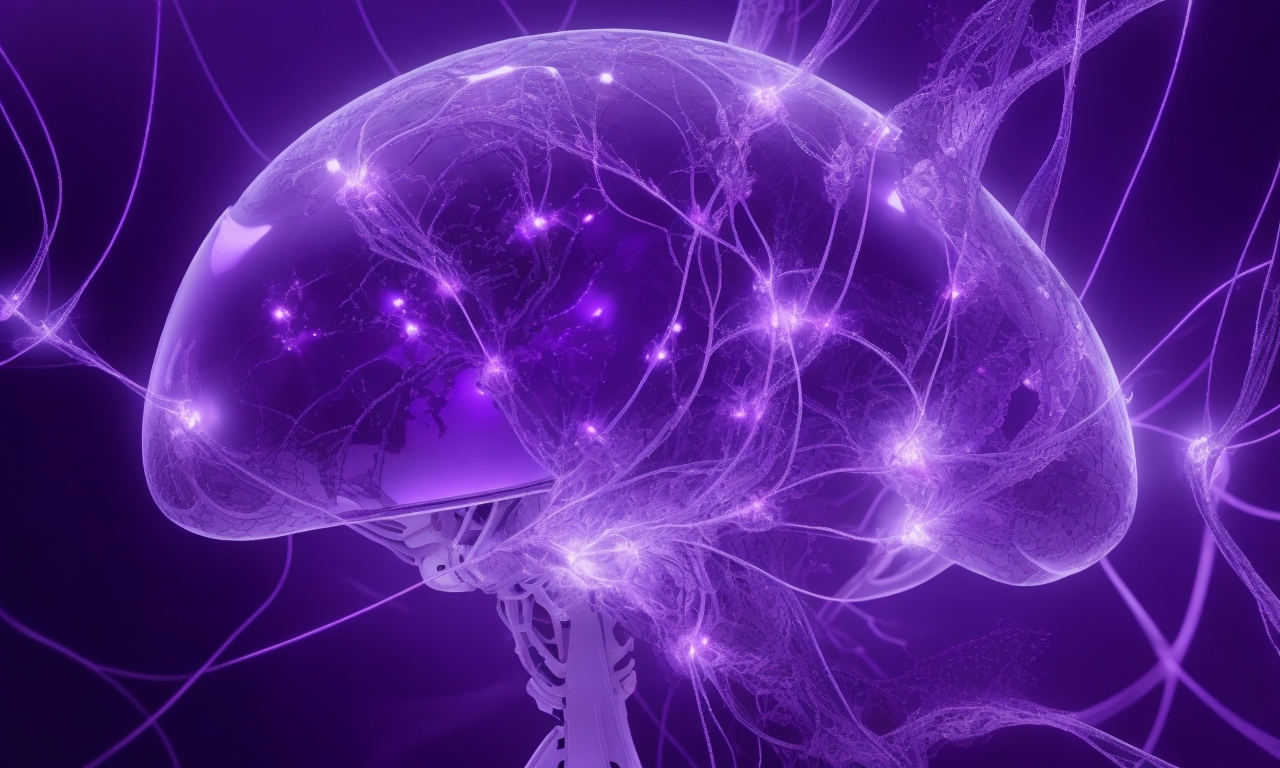DALL-E: the brilliant AI image generator is open to everyone

- September 30, 2022
- allix
- AI Projects
WALL-E is now accessible to the general public! Anyone can now ask OpenAI’s artificial intelligence to produce images, whether realistic, artistic, poetic, funny, or disturbing.
More than one million people had signed up for the queue to use DALL-E, an image-generating artificial intelligence (AI) developed by Open AIthis famous American company which wants to put “artificial intelligence at the service of humanity”. It must be said that the results are as impressive as its use is simple. All you have to do is describe an image – “a painting of the northern lights with a city by the water”, for example – for the AI to make a unique image that represents what you have written. After a few seconds of waiting, the AI presents four images, which can then be modified by adding details in natural language via the inpainting function. We can even invent what is beyond what we see in the painting thanks to outpainting – one user had fun creating the environment of the famous painting The Milkmaid by Johannes Vermeer. Still, as announced by OpenAI – the company behind DALL-E – in a blog post everyone can now access this truly amazing tool!
DALL-E: an incredible but controversial tool
Launched in January 2021, DALL-E – a mix between the painter Salvador Dalí for the artistic side and the Pixar robot WALL-E – is based on deep learning, a technology that imitates the human neural system through algorithms. By analyzing and cross-checking models of millions of photos, he manages to understand which word belongs to which image. A new version released in July 2022, DALL-E 2, greatly improved the AI to generate images that are more precise, more realistic, and with four times the resolution. And the result is truly amazing! To take advantage of it, just register on the site by providing their e-mail address, surname, first name, and telephone number. A code is sent by SMS to avoid the multiplication of accounts. It only remains to enter the description of the desired image, and it is generated in a few moments. For those who would be really proud of the result, they can share their creation with the community. The free plan allows you to generate 50 images during the first month, then 15 for each following month. To increase this number, one must take out the wallet and pay 15 dollars for 115 credits.
But, like any AI, we can very quickly fear drifts. This is why OpenAI has developed a system of filters. She explains that “our filters have become more robust and reject requests aimed at creating violent, sexual visuals, or that violate our content policy.” DALL-E cannot, therefore, generate representations of public figures or sensitive subjects – such as the war in Ukraine. One of the problems encountered was that the tool tended to have stereotyped and racist results since it feeds on royalty-free images available on the Internet and on paintings that were created in a society itself carrying stereotypes and racism. Also, to avoid representing only white and rich men, the company adds invisible keywords, such as “black woman” or “Asian man”, in order to diversify the results. But the use of AI also raises many problems, especially in terms of copyright and the essence of the art. Who is the author of the created image? DALL-E or the user? Can an AI be recognized as an author? And, more generally, can an AI be considered the creator of a work? Concrete cases have already posed a problem. In August, a chart generated by Mid-Journey – a tool similar to DALL-E – won an art competition in the United States, sparking controversy. Similarly, an American artist named Kris Kashtanova secured copyright registration for her graphic novel. However, if she wrote the story and organized the scenography, it was also Mid-Journey who generated the illustrations via the descriptions of the American. In any case, the democratization of DALL-E risks relaunching the question.
Categories
- AI Education (39)
- AI in Business (65)
- AI Projects (87)
- Research (107)
- Uncategorized (5)
Other posts
- Medical Treatment in Brazil: Advanced Healthcare, Skilled Specialists, and Patient-Focused Care
- Dental Treatment in China: Modern Technology, Skilled Dentists, and Comprehensive Care for International Patients
- Plastic Surgery in China: Advanced Aesthetic Medicine Supported by Precision, Innovation, and Skilled Specialists
- Ophthalmology in China: Advanced Eye Care Guided by Innovation, Expertise, and Patient-Focused Treatment
- Finding Care, Calm, and Confidence: Why Patients Are Looking Toward Beroun in the Czech Republic
- Choosing Health, Energy, and a New Future: Exploring Gastric Bypass in Diyarbakır, Turkey
- When Facial Hair Tells Your Story: Considering a Beard Transplant in Phuket, Thailand
- When Prevention Becomes Power: Understanding Liver Cirrhosis Risk and Modern Screening Approaches in Spain
- When the Abdomen Signals Something Serious: Understanding Abdominal Aortic Aneurysm and Getting Expert Evaluation in Islamabad
- When Back Pain Becomes More Than “Just Pain”: Understanding the Need for Microdiscectomy
Newsletter
Get regular updates on data science, artificial intelligence, machine



